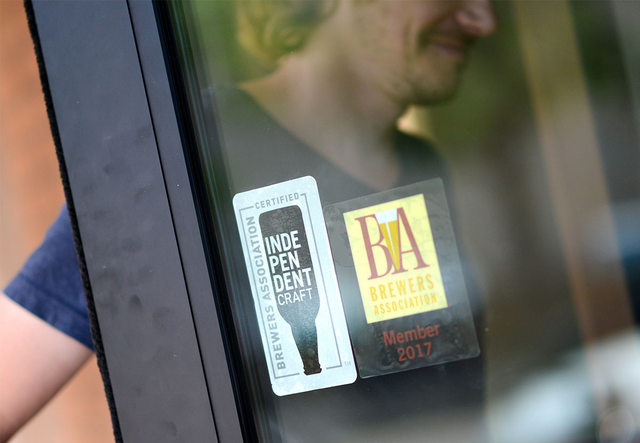
A lot of people could give two shits about who or what owns the products they buy. That’s perfectly fine. We wish you the best of luck in life. Yet, other folks very much want to know who or what makes, owns and distributes the products they buy. It matters to this latter group that the money they spend on a product meets their ethical standards, their authenticity standards, their environmental standards and every other standard beyond.
For example: Understanding the companies that own the crazy amount of beer products on the market right now is super important to a lot of brew drinkers, but unless you’re a beer professional (and sometimes even when you are), it’s pretty difficult to tell the difference between independently-owned beer and corporately-owned beer. You see, companies like Anheuser-Busch InBev and MolsonCoors have been buying up craft brands at a scary pace, adding those brands to their global corporate portfolios and then often using unsavory business practices to push real, locally-owned beer products into ever-smaller market shares with those incorporated brands.
To help beer drinkers understand which products are truly independently owned (here’s a definition of true “craft beer”), the Brewers Association (a not-for-profit trade group dedicated to promoting small and independent craft brewers) recently launched a new certified seal that authentic independent craft brewers can tout on their labels — to further distance “craft beer” from “corporate beer” brands owned by investor-run beverage corporations such as AB InBev, which currently owns nameplates like Goose Island, Blue Point Brewing, Elysian Brewing, Golden Road Brewing, Four Peaks Brewing, Breckenridge Brewery, Virtue Cider and Devils Backbone Brewing.
Of course, all of those AB InBev brands mentioned above took immediate umbrage with the idea of the BA’s seal, releasing this video where they explained there is really no difference between craft and corporate craft beer. But Brewers Association members couldn’t agree less. In fact, more than 1,250 independently-owned craft breweries (independent by the BA’s definition, at least) have signed up to use the seal. Julia Hertz, craft beer program director at the Brewers Association and publisher of CraftBeer.com, explains in this blog post:
The differentiation of small and independent craft brewers is not intended to denigrate other beer producers or the quality of their beer. Instead, it is intended to lessen marketplace confusion. With the increasing number of mergers and acquisitions of formerly independent brewers, it’s becoming increasingly difficult for U.S. craft brewers to gain access to market, and more difficult for the beer lover to discern who owns different beer brands. The seal provides clarity by certifying that a brewery displaying the seal is in fact small and independent.
Transparency is paramount. Beer lovers want to know who is brewing their beer. You have undoubtedly seen the data from the May 2017 Brewbound/Nielsen Harris Poll of 2,000 beer lovers. It found that the terms “independent” and “independently owned” have more awareness and recognition than any of the 28 other buzzwords associated with beer, and also influence purchase decisions. For many people, beer is more than just what’s in the glass — it is also about the people who brew it and who owns the brewery behind the brands.
The best part: The seal is available for all independent craft brewers to use, free of charge. To obtain the seal, a brewery must have a valid TTB Brewer’s Notice, meet the BA’s craft brewer definition and sign a licensing agreement. The seal is available to both BA member and non-member breweries.

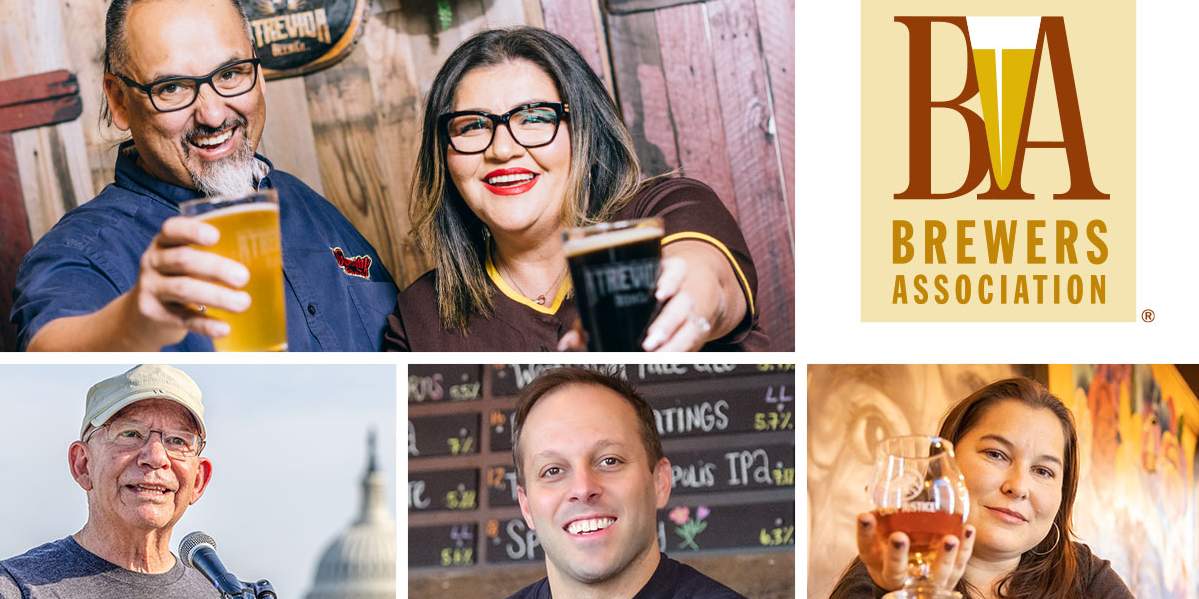
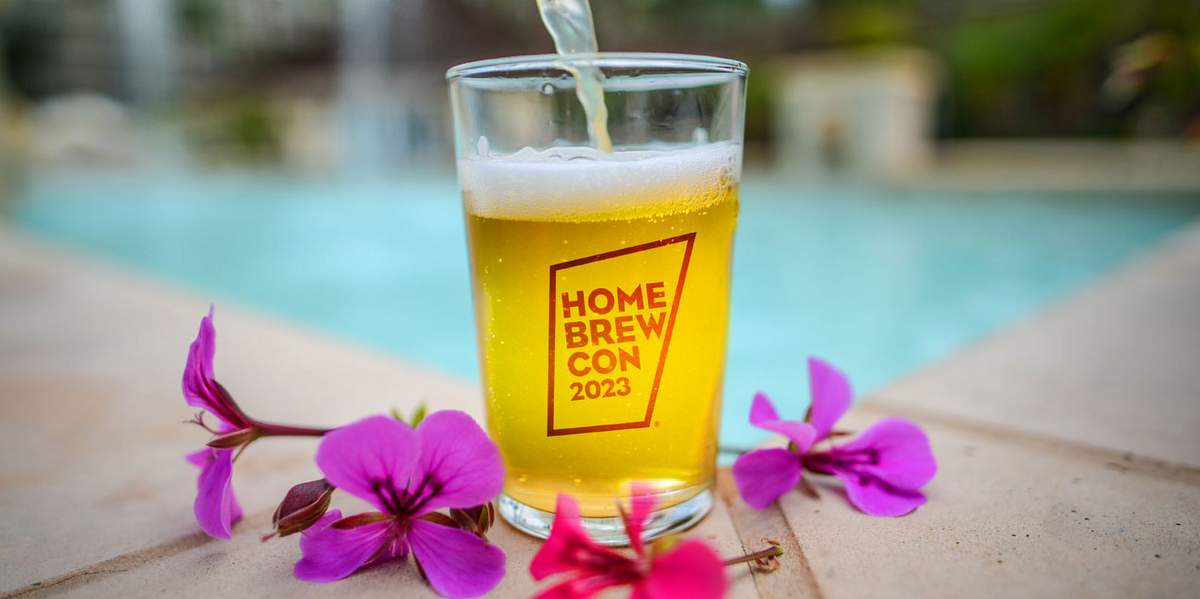
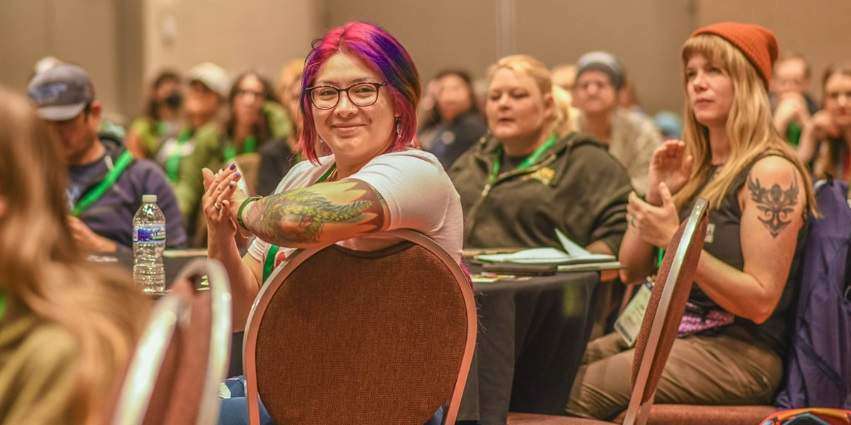
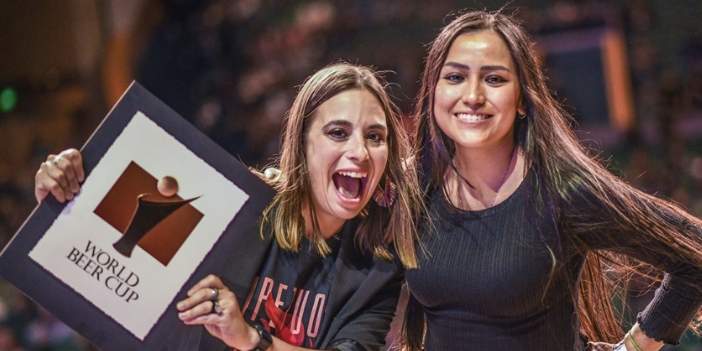
Leave a Reply
You must be logged in to post a comment.